
Master's in
International Cooperation Policy (ICP)
MASTER'S PROGRAM OVERVIEW - INTERNATIONAL COOPERATION POLICY (ICP)
The International Cooperation Policy Master's program provides students with policy-oriented and practical advice, drawing on diverse fields to train creative professionals who can understand complex challenges from multiple perspectives and formulate feasible solutions with integrative approaches from global, regional and local perspectives. Such training will improve practical skills and knowledge to plan, implement and evaluate projects and thereby contribute to organizations that work closely with and in developing nations.
As the program attracts students of diverse backgrounds from all over the world, students easily develop extensive personal networks during their course of studies. Such networks serve as valuable assets even after graduation. Graduates of this program work in industries in or dealing with the Asia Pacific region, national and local governments in Japan and around the world, development agencies and other regional and international organizations.
| Degree | Master of Science in International Cooperation Policy |
|---|---|
| Divisions |
International Public Administration (IPA) Development Economics (DE) Sustainability Science (SS) (including IMAT) Tourism and Hospitality (TH) |
| Program Duration | 2 years / 1.5 or one year (accelerated program) |
| Yearly Intake | 45 students |
| Enrollment Semesters | April, September |
COURSE STRUCTURE AND CONTENT
Students can select one of the following five divisions for their specialization: International Public Administration, Sustainability Science, Tourism and Hospitality and Development Economics. They are also required to take analytical foundation, core and seminar courses. Furthermore, current topics are introduced through special study series courses. Some of the subjects are provided jointly with our MBA program for more effective professional development. Students must submit a master's thesis or a research report to complete their degree.
Additionally, numerous seminars and workshops are organized throughout the year. There are many opportunities for students to participate in the exchange of ideas, information and expertise with academics, experts, business executives, policy makers and senior administrators.
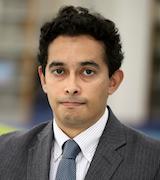
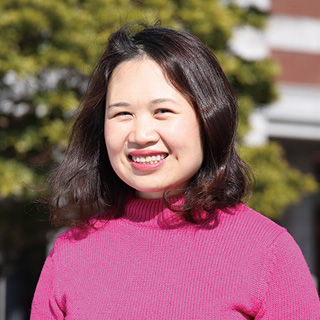
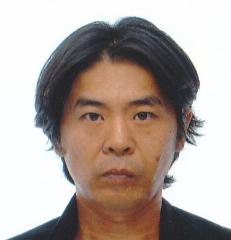
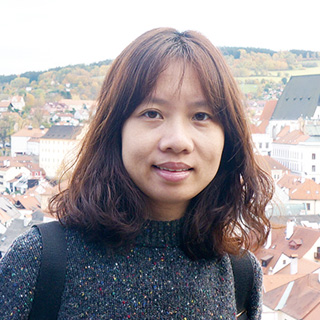
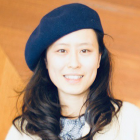
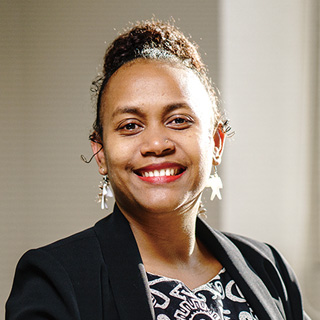
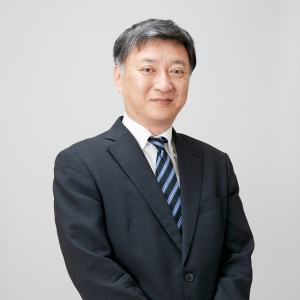

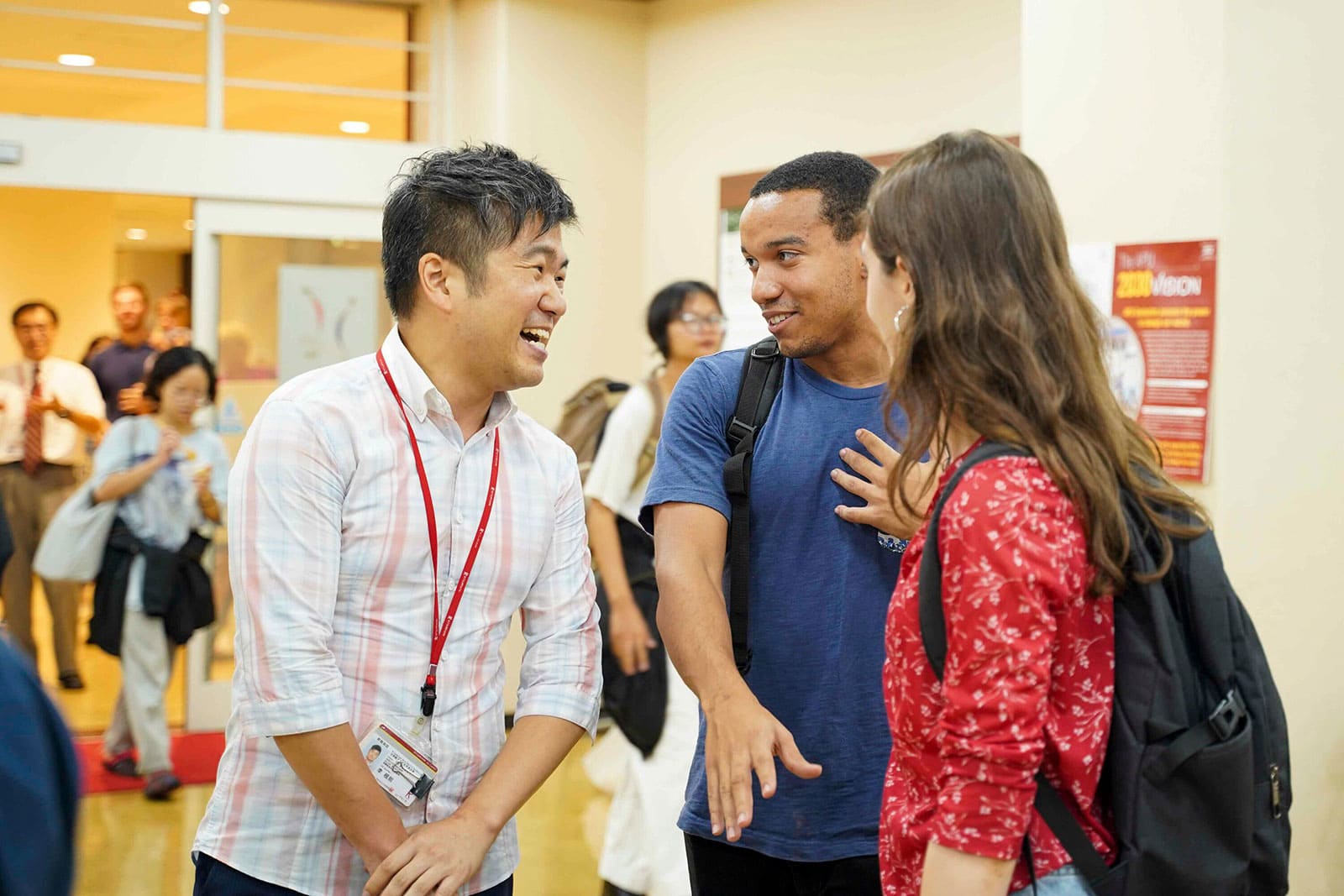

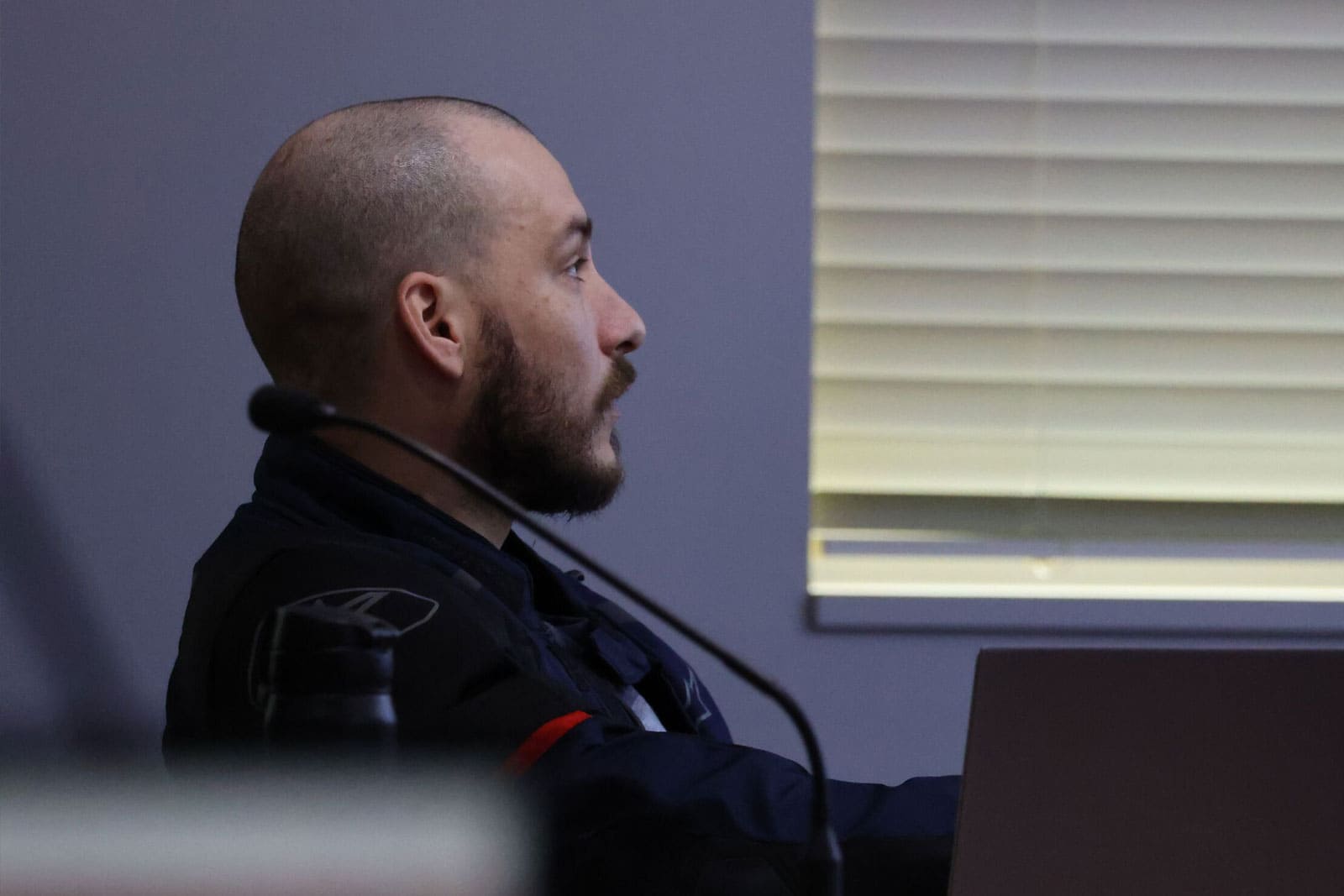
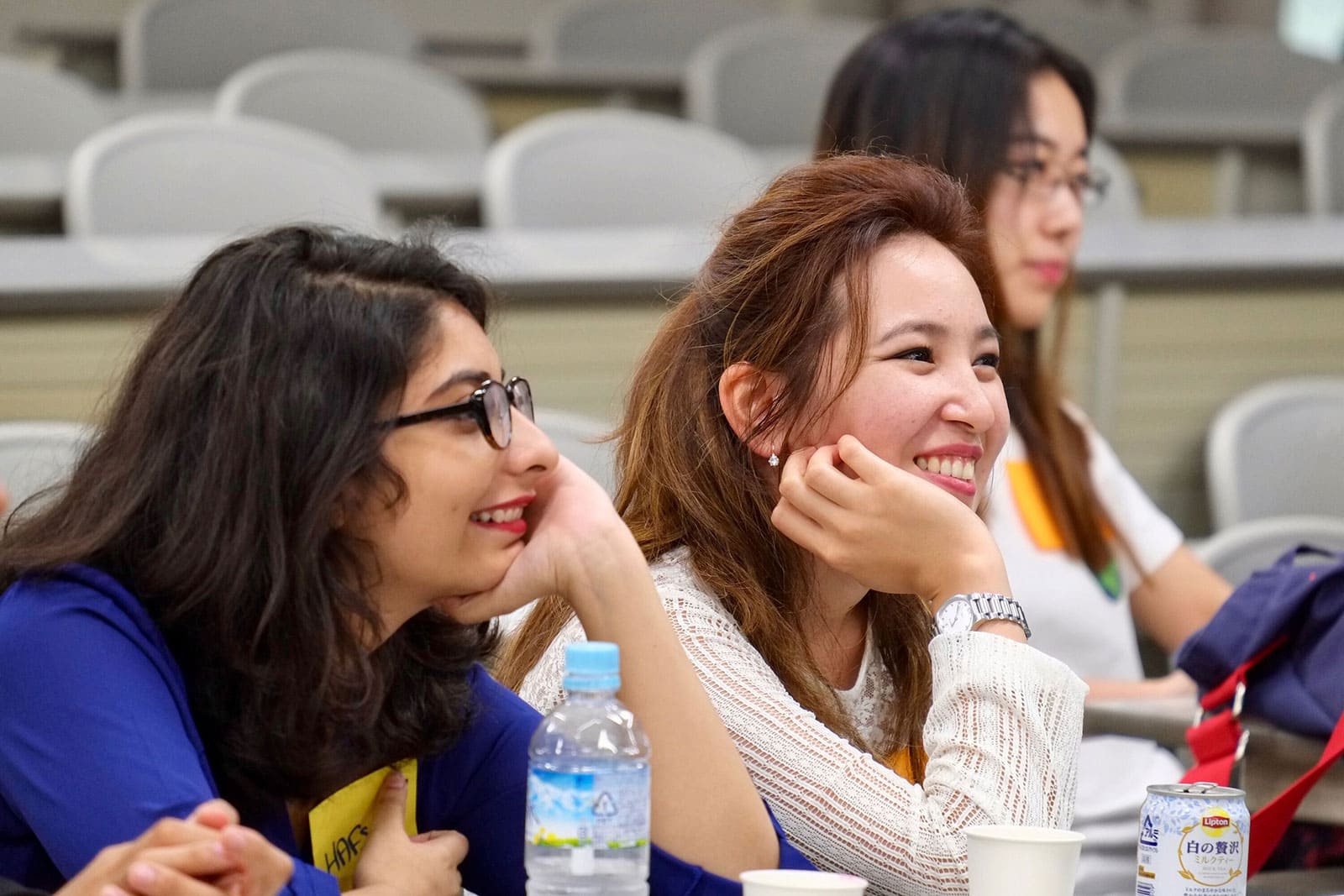

“Our global society is changing rapidly and drastically. While conflict and friction are bound to occur, we are living in a mutually-dependent society where people, goods, money, and information move freely beyond borders. We must tackle global issues to achieve sustainable development. Under such circumstances, domestic public policy may affect and/or be affected by the public policies of other countries. In this sense, collaborative action among the various societies is a key to solving issues. The International Public Administration Division addresses these topics and explores various solutions and measures to improve our society and future.”